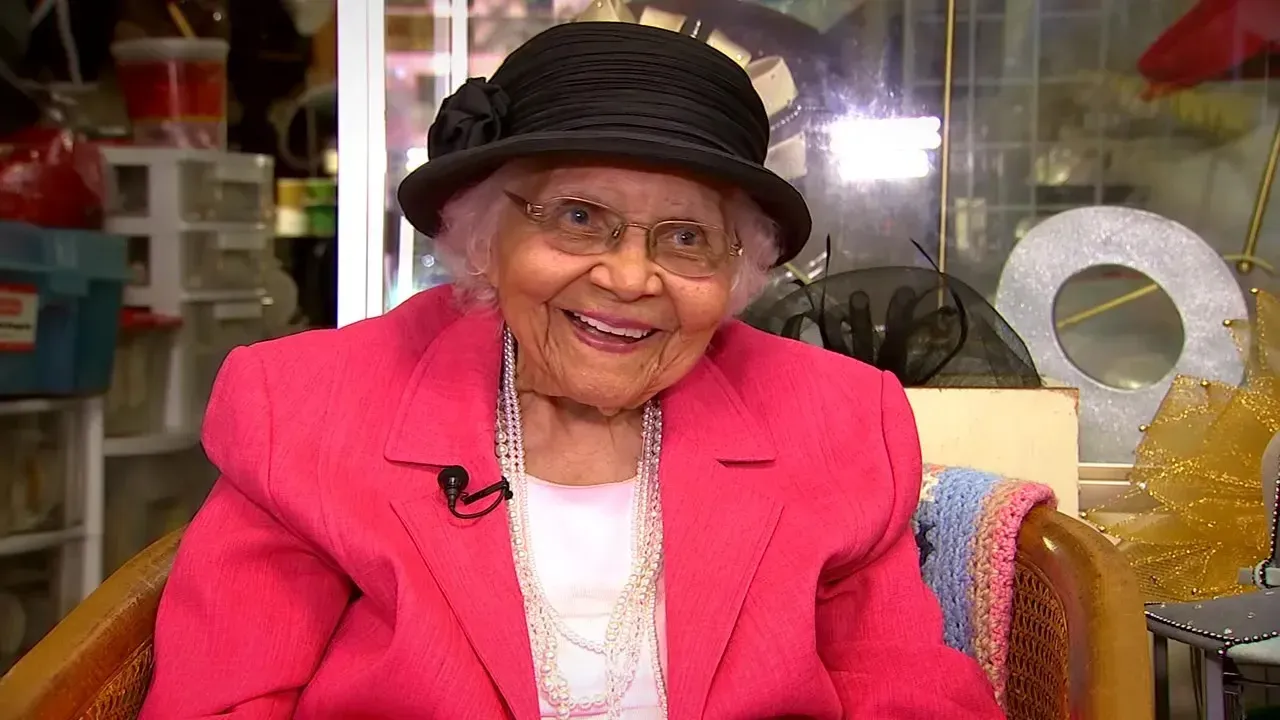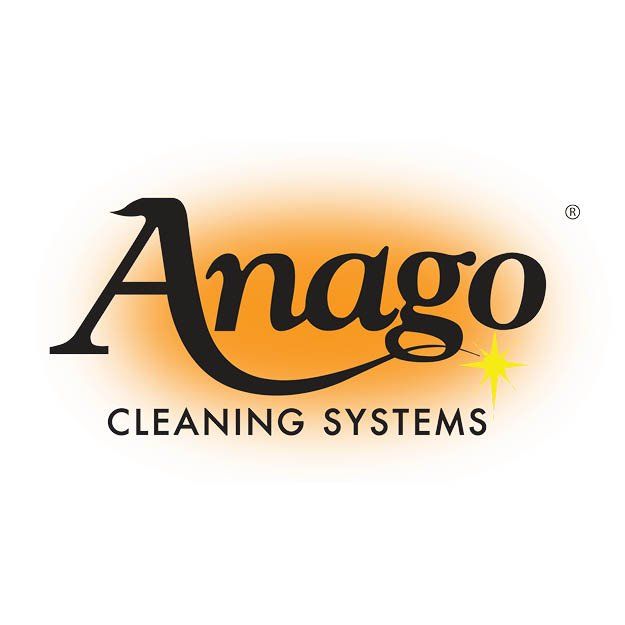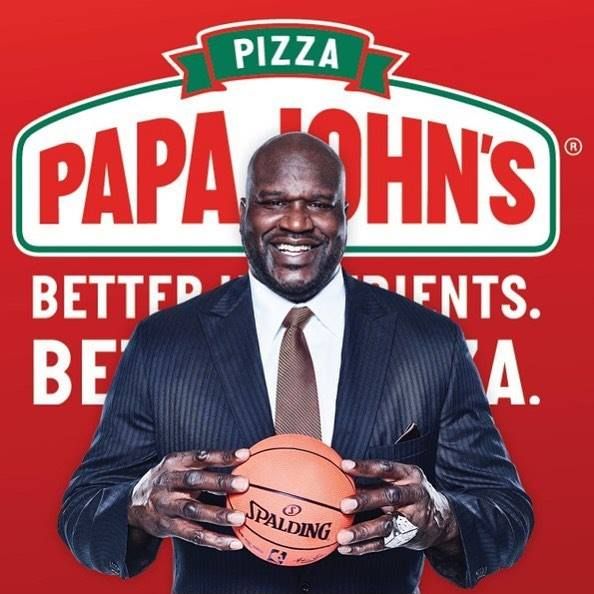Why Healthcare Franchises Are a Smart Bet for the Future
As the global population ages and healthcare needs expand, franchised medical ventures have become one of the most resilient and rewarding paths for investors. From senior home care and wellness centers to other formats, healthcare franchises blend reliable revenue streams with the chance to make a lasting social impact. By tapping into proven business models, entrepreneurs can not only ride the wave of increasing demand but also deliver essential services that communities will always require.
Riding the Wave of Demographic and Technological Shifts
The twin forces of demographic change and medical innovation are creating an unprecedented market for healthcare services. Over the next decade, the number of adults aged 65 and older is forecast to double, driving demand for both acute and long-term care solutions. Innovations in diagnostics, minimally invasive procedures, and digital health platforms are expanding access and reshaping patient expectations. Preventive care, chronic-disease management, and mental health support have moved from optional extras to core services—forcing hospitals, clinics, and caregivers to innovate or risk falling behind.
For investors, this translates into an industry that’s virtually immune to economic downturns. Even when consumer spending on nonessentials tightens, people continue to prioritize their health. That stability makes healthcare franchising a defensive play: you’re investing in a sector where the worst-case scenario is usually a slowdown in elective procedures, not a wholesale collapse in demand.
Key Advantages of Healthcare Franchising
- Proven Operational Framework
By joining a franchise, you inherit a turnkey business plaJatinder Taneja n—from site selection and build-out guidelines to staffing protocols and compliance checklists. That cuts months or years off your launch timeline and slashes the trial-and-error costs that solo startups often face. - Established Brand Equity
Recognizable names in urgent care, home health, or wellness draw patients from day one. Brand trust translates into higher foot traffic, faster break-even points, and more predictable cash flow. - Training, Support, and Compliance
Healthcare is a highly regulated field. Franchise systems typically provide comprehensive training on clinical best practices, state and federal regulations, billing procedures, and electronic health-record systems—minimizing legal risks and ensuring quality care. - Scalable Growth Potential
Whether you start with a single clinic or a handful of home-care routes, you can replicate the model across multiple territories. Multi-unit owners often benefit from volume discounts on supplies, shared administrative infrastructure, and cross-referral networks between locations. - Meaningful Social Impact
Beyond profit margins, healthcare franchisees play a critical role in improving patient outcomes and expanding access to care. That purpose-driven aspect resonates with today’s workforce and can enhance recruitment, retention, and community goodwill.
Exploring Franchise Models in Healthcare
Healthcare franchising isn’t a one-size-fits-all proposition. Here are four leading formats to consider:
- In-Home Senior Care: The most popular & in-demand healthcare franchise model From basic companionship to skilled nursing, home-care franchises serve the growing population of seniors who wish to remain independent. Services can include meal preparation, medication reminders, and physical-therapy supervision, all delivered in clients’ residences.
- Wellness and Rehabilitation:
Extremely popular franchise model
Franchises focused on chiropractic adjustments, physical therapy, massage, nutrition counselling, and mental-health coaching capitalize on the shift toward preventive and holistic care. Membership models and recurring-revenue plans drive patient loyalty and stabilize cash flow. - Urgent Care and Walk-In Clinics
These centers treat non-life-threatening injuries and illnesses on a drop-in basis, positioning themselves as a faster, more affordable alternative to emergency rooms. They cater to busy families, employers looking to minimize downtime, and patients without a primary-care physician. - Telehealth and Medical Staffing
Remote consultations, virtual chronic-disease monitoring, and outsourced staffing solutions help hospitals and clinics handle patient surges and staffing shortages. These asset-light models often have lower overhead and can scale rapidly across regions.
How to Select the Right Healthcare Franchise
- Assess Your Background and Passion
Align your personal interests—such as geriatric care, sports rehabilitation, or digital health—with the franchise’s core services. Passion fuels long-term commitment and helps you weather the inevitable challenges of business ownership. - Review Financial Requirements and ROI Projections
Initial investment ranges widely—from under US $100,000 for certain platforms home care to over US $500,000 for full-service urgent care centers. Evaluate the franchise’s financial disclosures, average unit revenues, and payback timelines to match your capital and risk appetite. - Vet the Franchisor’s Support Infrastructure
Scrutinize training programs, field support, marketing assistance, and compliance resources. Talk to existing franchisees about their onboarding experience, ongoing communication, and the responsiveness of corporate headquarters. - Understand Regulatory and Licensing Obligations
Healthcare franchises must navigate state licensure, Medicare/Medicaid enrollment, HIPAA compliance, and local health-department approvals. Ensure the franchisor has a strong track record of guiding new owners through these complexities. - Evaluate Market Competition and Demographics
Conduct local market research to identify service gaps and competitive density. A suburban community with a growing retiree population might favor an in-home care model, while an urban corridor could support multiple urgent-care or telehealth outlets.
Healthcare franchises represent a powerful intersection of social purpose and financial opportunity. Their resilience to economic swings, combined with the security of proven systems and the goodwill of serving critical needs, makes them an ideal investment for both seasoned entrepreneurs and first-time business owners. By choosing a model that aligns with your expertise, investment capacity, and passion, you can build a multi-unit enterprise that thrives today and adapts seamlessly to tomorrow’s healthcare challenges. In an industry where demand only grows stronger, betting on healthcare franchising is not just smart—it’s future proof.
About the Author
Jatinder Taneja is a seasoned franchise consultant with over 20 years of experience in business and entrepreneurship, helping individuals find the right franchise fit aligned with their goals. His strategic insight and personalized approach empower candidates to make confident, long-term decisions in franchising. Contact Jatinder at Jatin@TheFranchiseConsultingCompany.com.











